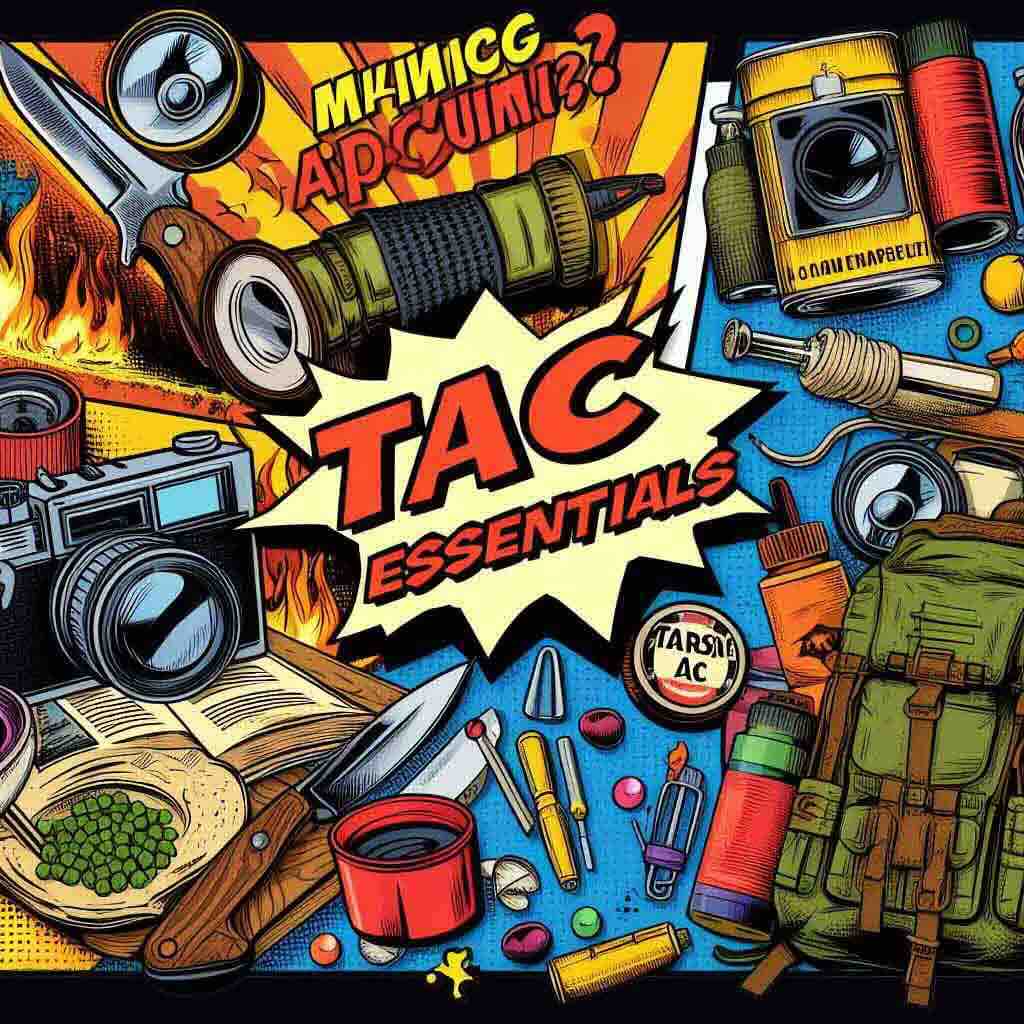In the fast-paced, high-stress world of first responders, humor might seem like an unexpected tool in the toolkit. However, its importance cannot be overstated. While their jobs are undoubtedly serious, filled with pressure, danger, and often heartbreaking situations, a sense of humor serves as a crucial coping mechanism and a source of resilience for those on the front lines. In this blog, we'll explore why humor is not only important but essential for first responders.
Stress Relief in the Face of Adversity
First responders encounter some of the most challenging and distressing situations imaginable on a daily basis. They witness tragedy, trauma, and human suffering firsthand. In such an environment, humor becomes a lifeline—a means of temporarily escaping the gravity of their work and finding relief from the constant stress. Sharing a laugh with colleagues amidst chaos can provide a brief respite, allowing them to recharge and regain their focus.
Building Camaraderie and Solidarity
Humor fosters camaraderie among first responders, creating a sense of solidarity and unity within the team. Shared laughter forms bonds that are crucial for effective teamwork, communication, and mutual support. In the face of adversity, a team that can find humor together is better equipped to navigate challenges and provide the best possible care to those in need. Humor becomes a language of its own, transcending the barriers of rank, role, and background.
Maintaining Mental Health and Resilience
The toll of constant exposure to traumatic events can have significant consequences on the mental health of first responders. Conditions such as post-traumatic stress disorder (PTSD), depression, and anxiety are all too common in this line of work. Humor acts as a buffer against the psychological impact of trauma, helping individuals process difficult emotions and maintain a sense of perspective. It serves as a coping mechanism, enabling them to bounce back from adversity and continue their vital work with resilience and determination.
Improving Patient Care and Interaction
Believe it or not, humor has its place even in the most serious of situations, including interactions with patients in distress. A well-timed joke or a light-hearted comment can alleviate tension, ease anxiety, and foster a sense of connection and trust between first responders and those they serve. It humanizes the interaction, reminding both parties that, despite the circumstances, there is still room for warmth, empathy, and even laughter.
Enhancing Problem-Solving and Creativity
Humor stimulates the brain in ways that promote creative thinking and problem-solving skills. In high-pressure situations where split-second decisions can mean the difference between life and death, the ability to think outside the box is invaluable. A playful mindset encourages flexibility, adaptability, and innovative approaches to complex problems—a skill set that is indispensable for first responders facing unpredictable challenges.
In conclusion, while the work of first responders is undeniably serious and demanding, a sense of humor serves as a vital tool for maintaining mental health, building strong teams, and providing the best possible care to those in need. In a profession where every day brings new trials and tribulations, laughter truly is the best medicine. So, here's to the brave men and women who put their lives on the line every day—and to the power of a good laugh in the face of adversity.



